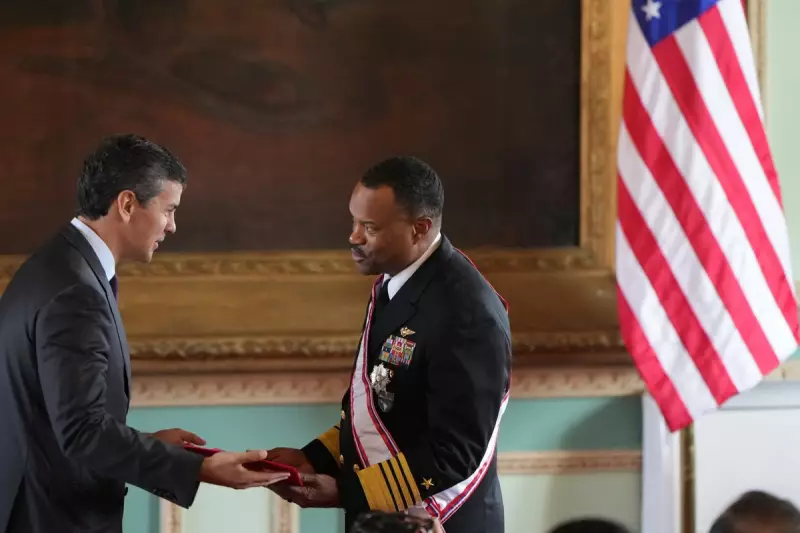
Republican legislators are demanding urgent explanations from the Pentagon following the revelation that a United States Navy destroyer was dispatched to waters off Guyana, a move that has ignited fears of potential military escalation with Venezuela.
The development emerged during a Fox News interview with retired Lieutenant Colonel Pete Hegseth, who disclosed that the USS Truxtun had been deployed to the Caribbean region amidst rising tensions between the two South American nations over the long-disputed Essequibo territory.
Political Backlash in Washington
Congressional Republicans have expressed outrage that the Biden administration authorised such a significant military movement without proper congressional consultation. The deployment comes at an exceptionally sensitive time, with Venezuela recently threatening to annex the oil-rich Essequibo region, which comprises nearly two-thirds of Guyana's sovereign territory.
Lawmakers are particularly concerned about the timing and strategic implications of sending a major naval asset to the region without transparent communication about the mission's objectives or rules of engagement.
Historical Context of the Dispute
The Essequibo territory conflict dates back over a century, with Venezuela maintaining its claim despite international arbitration rulings. Recent discoveries of substantial offshore oil reserves have intensified the dispute, bringing renewed international attention to the region.
The situation has drawn comparisons to other global territorial conflicts, with some analysts suggesting the deployment signals Washington's willingness to counter what they perceive as Venezuelan aggression in the Western Hemisphere.
Broader Strategic Implications
This naval deployment occurs against the backdrop of Venezuela's growing international partnerships, including strengthened ties with US adversaries. Republican critics argue the administration failed to adequately consider how this military presence might be perceived regionally and globally.
The Pentagon now faces mounting pressure to clarify whether this represents a temporary show of support for Guyana or the beginning of a more sustained military commitment in the region.
As tensions continue to simmer, the international community watches closely, aware that any miscalculation could have far-reaching consequences for regional stability and great power competition in the Americas.





